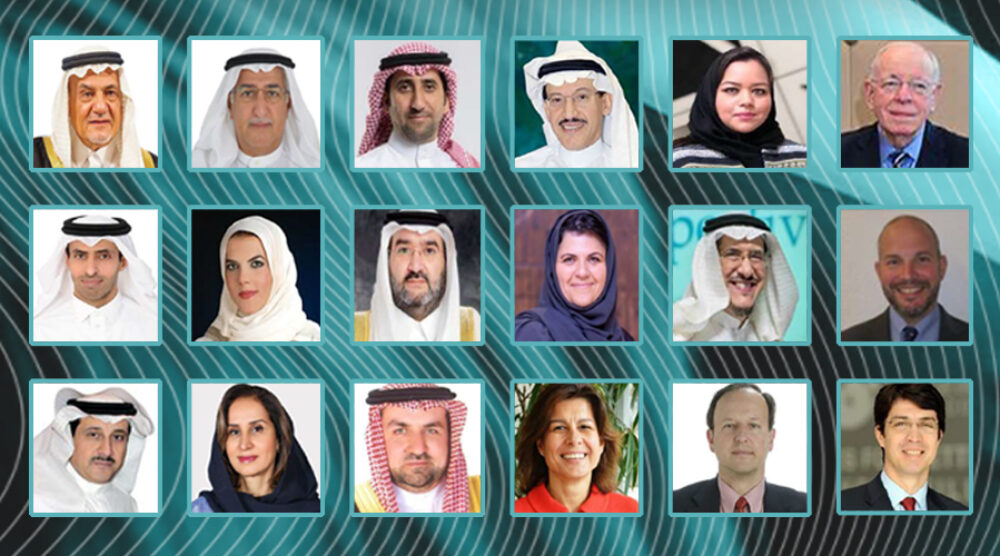The recent 3-day Think 20 (T20) conference held in Riyadh, Saudi Arabia from 15-17 June 2020 has highlighted key policy recommendations for a post-COVID-19 world.
Created in 2012, T20 is an engagement group comprised of think tanks from G20 countries whose primary challenge is to add value to the G20 process with evidence-based public policy proposals. The conference was organised by the T20 secretariat, which is responsible for connecting and collaborating with regional and international think tanks and serves as the ‘ideas bank’ of G20.
The purpose of the conference was to maintain a high-level discussion on policy challenges and opportunities given the COVID-19 pandemic, refine policy recommendations and their associated T20 policy briefs, and ensure that the T20 work remains relevant in a rapidly-changing world.
Almost 400 scholars, including Associate Professor Tapan Sarker of Department of Business Strategy and Innovation, attended the high-level invitation-only online conference this year to discuss a wide range of issues including macro-economic stability, sustainable development, trade, investment and globalisation, climate change and environment, multilateralism and global governance and more importantly strengthening investment in health system research to assess how to carry forward T20 research priorities.
In a keynote address, His Excellency Fahad Almubarak, Head of G20 Saudi Arabia, highlighted the role of T20, which plays an integral role in providing independent recommendations for adapting policy frameworks, which will be presented to the G20 leaders in November 2020. His Excellency also focused on adopting a multidisciplinary approach to resolving many of the world’s challenges posed by COVID-19.
During the conference, panel chairs presented their key findings and highlighted the ever-increasing need for innovative thinking and strengthening multilateral institutions. Focus was also given to finding suitable policy solutions to combat climate change and strive for a future of prosperity, sustainability and inclusion.






